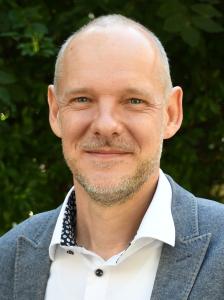Discussion
Details
The public dialogue at national level will bring together journalists, civil society actors (in particular human rights NGOs) and decision-makers in order to discuss the issue of press freedom and freedom of information in the context of the coming elections in 2011. The event particularly aims at pushing the topic to the public agenda, enhance its relevance in campaigning, compare the positions of the different political parties, and influence future legislative decisions. Special attention shall be given to the aspect of human rights journalism in Uganda.
Content
The national dialogue aims at providing a platform for all major stakeholders for discussing pertinent issues related to civil liberties and press freedom in Uganda and the role of journalists in promoting human rights.
Among the questions discussed shall be:
1.What is the state of human rights in Uganda with specific focus on freedom of the press, freedom of opinion and freedom of information?
2.What are the main challenges for free and critical journalism in Uganda? How can these challenges be addressed?
3.How effectively do the Ugandan media fulfil their role as watchdogs and what is their contribution to the promotion of human rights in the country?
Participants
The dialogue will bring together an exclusive number of 80 participants with leading roles and particular expertise in the areas of human rights and journalism in Uganda. The following categories of participants shall be invited:
•Political actors and decision-makers: government representatives, members of parliament
•Selected journalists from all major print and electronic media and activists and representatives of media organisations (e.g. Independent Media Council of Uganda, Uganda Journalist Association, Human Rights Network for Journalists etc.)
•Representatives of Civil Society Organisations (e.g. Human Rights Network Uganda, Coalition for Freedom of Information, Foundation for Human Rights Initiative etc.)
•Representatives of the Uganda Human Rights Commission
•Leaders of the major political parties
•Academicians and student leaders
Format
The half-day dialogue will bring together a panel of four speakers whose presentations shall be followed by an open debate.
The dialogue will take place subsequent to a two-day national workshop for media practitioners and human rights activists and results of the workshop discussions and group work sessions will be presented at the public dialogue.
The dialogue will start with inputs from two experts which will each give a presentation of maximum 20 minutes on the above mentioned questions. The two inputs shall be followed by two brief presentations from participants of the workshop. The moderator shall then open the discussion to all participants.




